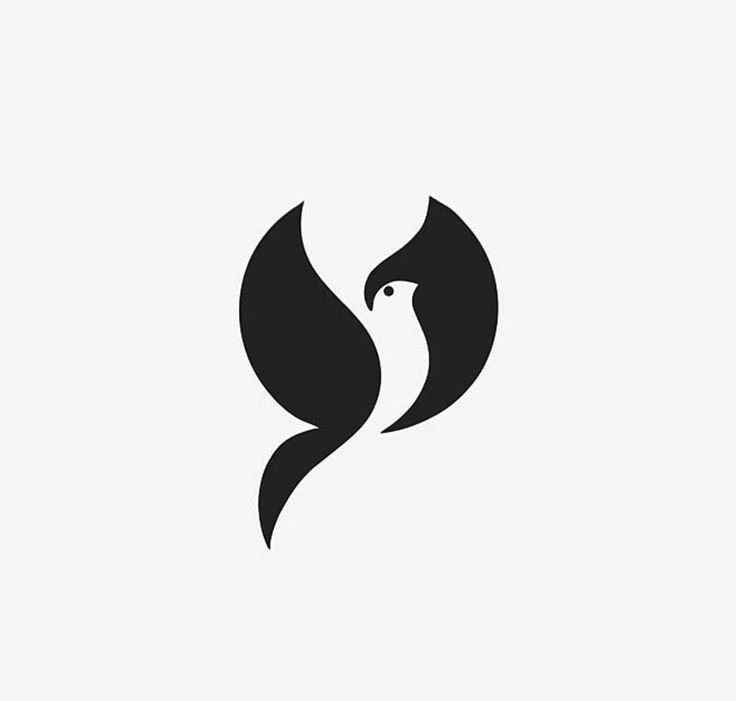Psilocybin Capsules
$150.00 – $1,500.00Price range: $150.00 through $1,500.00
Psilocybin Capsules: A Simple and Smart Way to Experience Mushrooms
If you want an easy and accurate way to explore mushrooms, Psilocybin Capsules are a great choice. Each capsule contains a measured dose of psilocybin, the active compound in “magic mushrooms.”
Unlike eating dried mushrooms, capsules are smooth, easy to take, and taste pleasant. They also make it easier to track your dose and stay consistent. Let’s look at what they are, how to use them, and what effects to expect.
About Psilocybin Capsules
Psilocybin Capsules are small pills filled with ground psilocybin mushrooms or psilocybin extract. They offer a simple, controlled way to explore the effects of mushrooms without preparation or guesswork.
Each capsule contains a set amount of psilocybin, often between 100 mg and 300 mg. This makes them ideal for microdosing, wellness, or guided therapeutic use.
However, psilocybin is not legal everywhere. Before you buy or use these capsules, always check your local laws.
How to Use Psilocybin Capsules
You can take Psilocybin Capsules just like any supplement. Swallow one capsule with water and wait for the effects to begin. Most people feel changes within 30 to 60 minutes.
Here’s how users often include them in their routines:
-
Microdosing: Take one small capsule in the morning to boost mood, focus, and creativity.
-
Wellness Use: Moderate doses can help with meditation, journaling, or self-reflection.
-
Deeper Journeys: Higher doses may be used in safe, guided settings for insight and spiritual growth.
Start low and go slow. It’s easier to add more later than to manage a dose that feels too strong.
Effects of Psilocybin Capsules
The experience depends on your mindset, environment, and dosage. Many users report:
-
Better mood and emotional balance
-
Stronger focus and creativity
-
A deeper connection with nature or self
-
Gentle visual or sensory changes
Microdoses often bring light, uplifting effects, while higher doses can lead to vivid visuals and profound thoughts. The full experience usually lasts 4 to 6 hours.
Therefore, it’s best to plan ahead and create a calm, comfortable setting before taking your capsules.
Advantages of Psilocybin Capsules
People choose Psilocybin Capsules for many reasons:
-
Accurate Dosing: You know exactly how much you’re taking.
-
Easy to Use: No measuring or messy preparation.
-
Discreet: Capsules look like regular supplements.
-
Long Shelf Life: They keep potency longer than fresh mushrooms.
-
Convenient: Perfect for travel or daily routines.
Moreover, they help reduce uncertainty for new users, offering a safer and more predictable experience.
Disadvantages and Risks
However, Psilocybin Capsules also come with a few cautions:
-
Legal Issues: Psilocybin is still illegal in many areas.
-
Emotional Intensity: High doses can cause anxiety or confusion.
-
Tolerance: Frequent use may reduce effectiveness.
-
Interactions: Avoid mixing with antidepressants or similar medications.
Therefore, always start with a small dose, stay hydrated, and use them in a safe space with trusted people.
Final Thoughts
In short, Psilocybin Capsules offer a clean, convenient, and reliable way to explore the potential of mushrooms. They bring together the wisdom of natural medicine and the precision of modern science.
Whether you microdose for focus or explore deeper spiritual insights, capsules make the experience simpler and more consistent.
Start small, stay mindful, and enjoy the journey responsibly.
Related
| Quantity | 10 PILLS, 15 PILLS, 50 PILLS, 100 PILL |
|---|
Be the first to review “Psilocybin Capsules” Cancel reply
Related products
HEMPDELICS
HEMPDELICS
HEMPDELICS
HEMPDELICS
HEMPDELICS
HEMPDELICS
HEMPDELICS
HEMPDELICS













Reviews
There are no reviews yet.